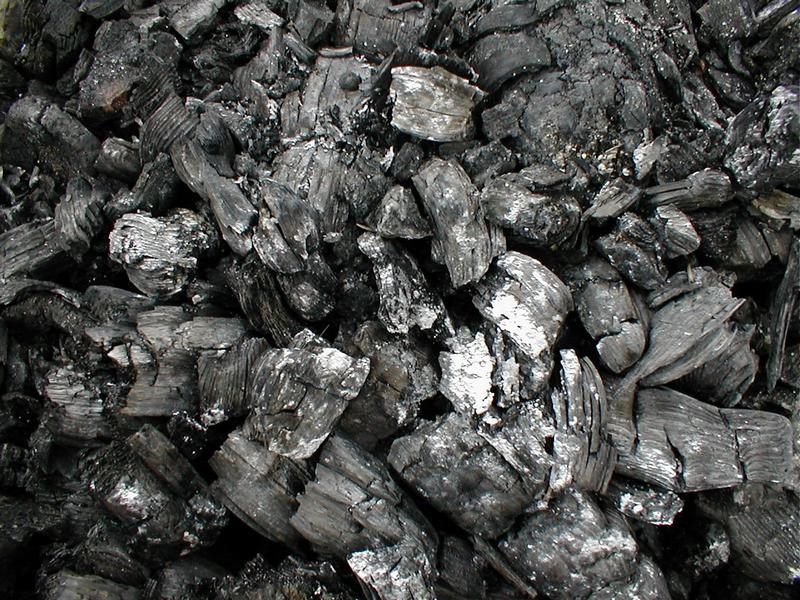
The government of Alberta, Canada, last week announced agreements with TransAlta, Capital Power, and ATCO, the owners of the province’s last coal-fired power plants, to shut down the facilities by the end of 2030. “The agreements will see the companies, which own six coal-fired electricity units originally slated to operate beyond 2030, provided with transition payments for investments that have been reduced in value by the transition away from coal-fired generation – funds that can be reinvested into Alberta’s electricity market,” according to a press release.
The payments totaling $1.1 billion (CAN) will be distributed annually until 2030 and will be funded fully by the province’s price on industrial carbon emissions. “The government’s decision to provide transition payments to these companies demonstrates our commitment to building a low-priced, reliable, investment-friendly electricity system for Albertans. The government is committed to working with existing Alberta businesses as we transition away from coal, and we are making good on that commitment today,” Margaret McCuaig-Boyd, Alberta’s energy minister, said in prepared comments.
Just days before the Albertan announcement, Canada pledged to stop all unabated coal use by 2030.The Canadian government also committed to produce 90 percent of its energy with non-carbon sources by that year.
Coal-fired energy generation will still be allowed in Canada after 2030 if the plant is fitted with carbon capture and storage technology. The new policy will be implemented via amendments to existing performance standards for coal-fired power plants.
Only four Canadian provinces currently use coal for energy generation: Alberta, Saskatchewan, Nova Scotia, and New Brunswick. Those provinces will have the option of transitioning entirely from coal or installing CCS on their plants.